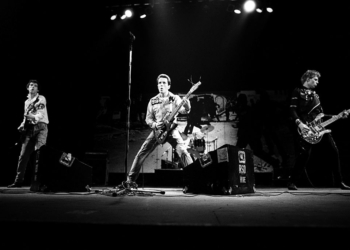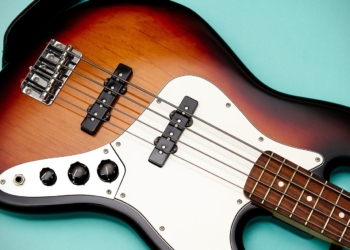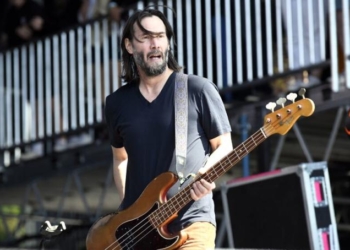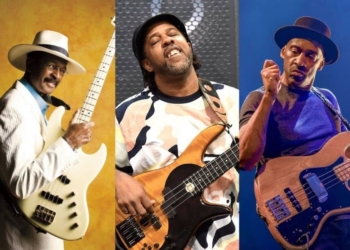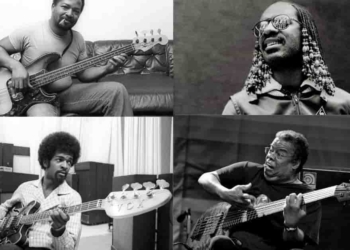Paul McCartney stands as an iconic figure among bass guitarists, leaving an indelible mark on the instrument’s evolution since the early 1960s with The Beatles and his subsequent solo career. His influence is so profound that he secured the prestigious title of the third-best bass player in polls conducted on social media. Interestingly, McCartney, already a maestro in his own right, found himself mesmerized by the awesome technique of slap bass when collaborating with the legendary Stanley Clarke.
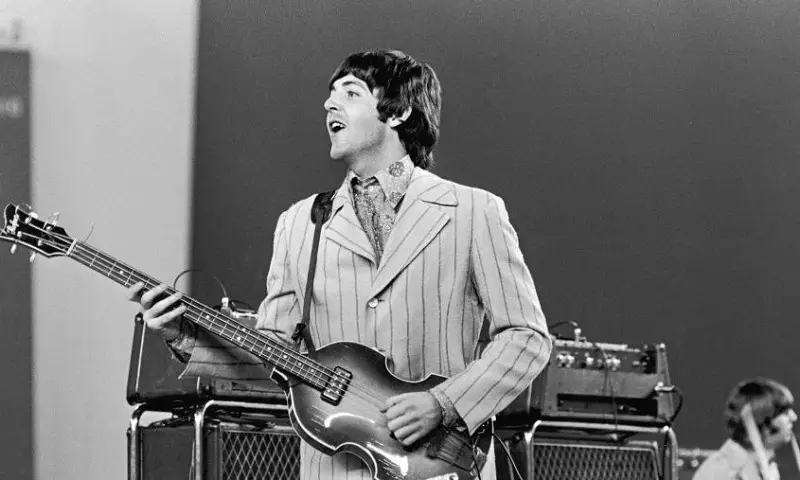
Following the Beatles’ disbandment in 1970, McCartney achieved significant success with Wings and collaborated with renowned artists such as Michael Jackson and Stevie Wonder on albums like Tug of War and Pipes of Peace in the early ’80s.
McCartney once harbored apprehension about playing alongside prominent bassists despite his numerous accomplishments. In a 1983 edition of his fan club magazine, Club Sandwich, he revealed that he perceived musicians like Stanley Clarke as “big time” and initially felt hesitant to collaborate. However, McCartney’s fears dissipated during recording sessions in Montserrat, where he collaborated with Clarke and was summoned to George Martin’s AIR Studios for the Tug of War and Pipes of Peace albums.
Paul McCartney wanted to learn how to play slap bass
Clarke, known for his solo album School Days, considered working with McCartney among his most memorable experiences. The jamming sessions led to the creating of the track “Hey Hey,” with McCartney generously crediting Clarke as a co-writer. Reflecting on the collaboration, Clarke enjoyed seeing his name alongside McCartney’s in the songbook. During that session, Paul also asked Stanley to show him how to slap.
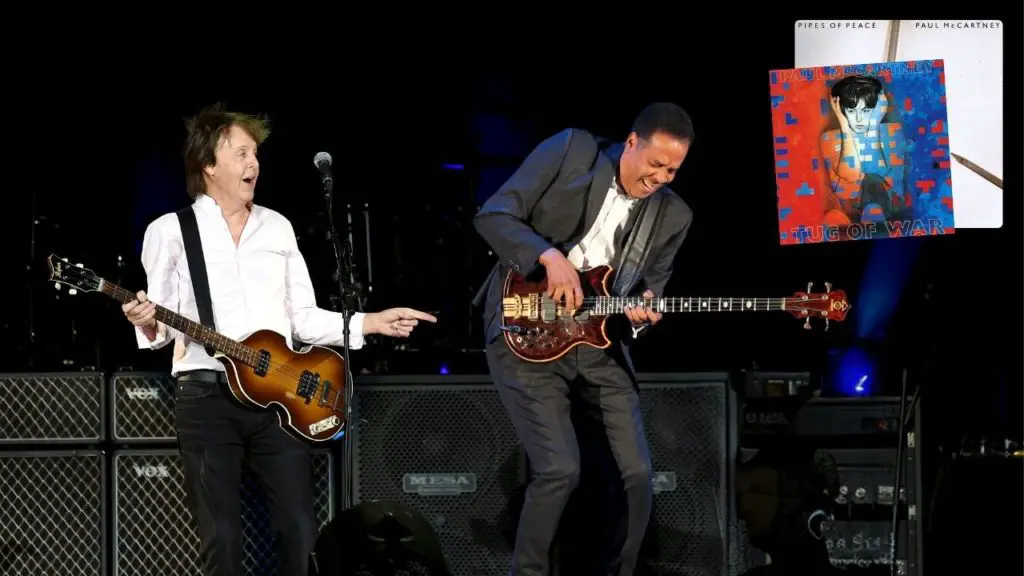
McCartney’s decision to yield the bass chair to Clarke underscores his admiration for the bass virtuoso, who had captivated the bass world with his innovative solo work. McCartney admitted attempting to incorporate Clarke’s style into his playing, but Clarke reassured him of his unique musical identity. The collaboration extended beyond “Hey Hey,” as Clarke also contributed to tracks like “The Pound is Sinking” and “Somebody Who Cares” from McCartney’s 1981 album, Tug of War.
Clarke reminisced about McCartney’s influence on his bass playing, particularly during his teenage years when the Beatles’ records took on more adventurous musical directions. Expressing admiration for McCartney’s bassline in “Come Together,” Clarke acknowledged its impact on his decision to create “School Days,” a composition where the bassline played a central role, allowing people to experience a complete song through the instrument.
